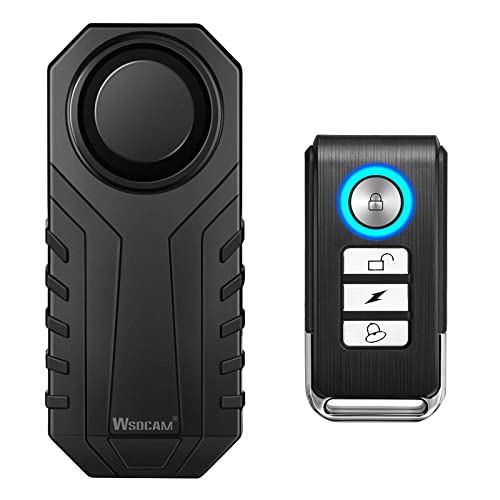So I have a question that hopefully can benefit myself and others. I would assume that everyone doing maintenence on there bike does always torque every bolt as spec'd and possibly more often torques to what they feel is correct? Maybe I am wrong but I have done quite a bit and am going to buy a torque wrench tomorrow to have on hand. My question is, does someone with some experience want to comment as to the most important bolts to torque correctly maybe a short list from most important to least.
Thanks
Eric
Thanks
Eric








































![Bovemanx Motorcycle Phone Mount Holder, [150mph Wind Anti-Shake][7.2inch Big Phone Friendly] Bike Phone Holder, Motorcycle Handlebar Cell Phone Clamp, Compatible with iPhone 16 Pro Max Smartphones](https://m.media-amazon.com/images/I/51F+1sontPL._SL500_.jpg)



